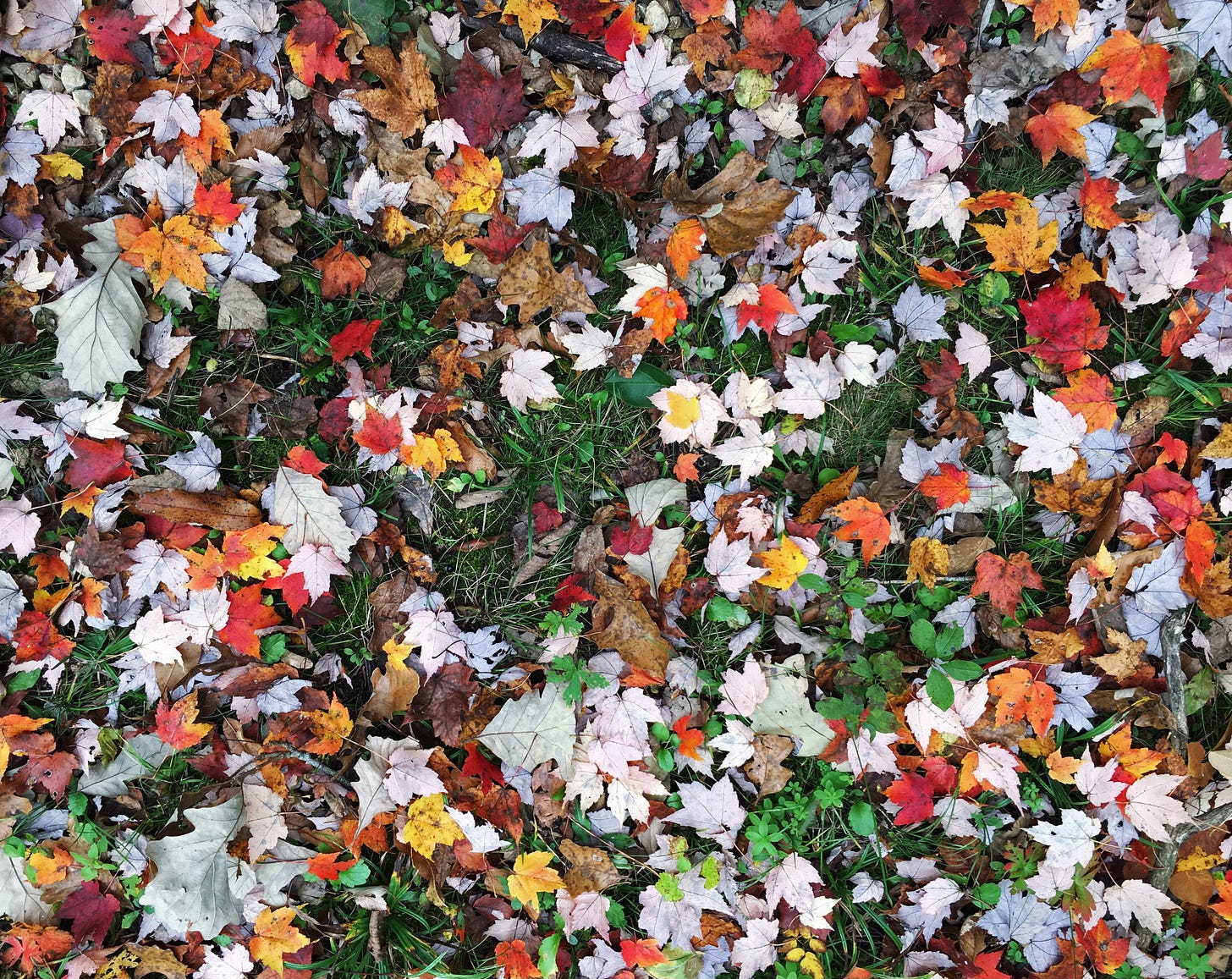When My Grandfather Challenged the Truth
“Early to bed, early to rise, makes a man healthy, wealthy, and wise”.
“A bird in the hand is better than two in the bush”.
“Honesty is the best policy”
These were the kinds of aphorisms we were taught growing up - simple truths passed down as gospel. But one day, my grandfather told me that honesty is not the best policy. He did so with such conviction that I had to agree. And ever since, my life has never quite been the same.
Relax, he did not lead me astray. Nor was he a man of questionable character. On the contrary, he was a distinguished educator. During the British Raj, he graduated at the top in English literature across all of Bengal. Later, he became the long-serving principal of one of Bangladesh’s most prestigious colleges. Two generations ago, it was hard to find a successful professional or civil servant who did not revere him as a teacher.
Sadly, I never knew him well. I was just one of his 22 grandkids (a number that later grew to 29). It didn’t help that I was a child of one of his daughters, not one of his sons. Being a daughter’s child - not a son’s - mattered in South Asian culture, especially then. But it was also because I left home early to attend a distant residential school, returning only twice a year. And right after graduating, I left Bangladesh – never to see him again. It was only much later, as an adult and long after his passing, that I fully grasped the magnitude of what I had lost – intellectually, more than anything.
I remember him as an unusually clear thinker with a fearless voice: qualities that made him beloved by students, if not always by his superiors.
For me and my cousins, most interactions with him came when he needed stand-ins for his card playing friends. Playing cards was one of his passions, and when his usual companions didn’t show up, he would “commission” us grandchildren to fill in. In return, he entertained us with English literature - his other great loves.
He would recite Shakespearean monologues or classic English poems from memory, then dissect the plots, the characters, the themes of romance and chivalry. With cards in hands, a nearly spent cigarette hanging from his lips, and his eyes fixed on us over his thick reading glasses, he would dissect why a writer had chosen this word over that – and why it mattered. Sometimes, he’d pick a single English word, phrase or idiom and break it down like a riddle.
It was during one such game he challenged the old saying “honesty is the best policy”. “Policy”, he said, “is subject to expediency – negotiable. But honesty should never be”. His point was that honesty should be aprinciple, not just a policy. The deeper lesson was this: we should never accept familiar sayings at face value. No matter how widely accepted, they deserve to be examined critically. It was a momentous lesson. But like so many other youthful lessons, it faded into the background of memory. Faded – but not erased, as I would realize four decades later.
Fast forward forty years. It’s a crisp, sunny autumn morning in Minnesota. I am raking leaves in the front yard. These mundane chores - quiet and repetitive - have a way of freeing the mind.
Sometimes they help connect dots that are not obvious. Sometimes, I solve problems I wasn’t even thinking about. I can trace the origins of a few of my patent ideas to exactly such a state of mind.
This time, a pattern emerged. I realized that I have a habit of taking a conventional wisdom and flip it upside down to inspect it. It’s the mindset of a contrarian - asking both “why?” and “why not?”. It’s a blessing because this helps you cut through spin, propaganda, and manipulation. But can also be a curse - making you seem difficult, or worse, alienate you from others. Some people prefer the comfort of the matrix; few are eager to swallow the red pill.
And then, suddenly, I remembered that long-ago card game and the conversation between hands. He had taken an unshakable conventional wisdom and challenged it. That brief moment of clarity, so long ago, had planted a seed. That seed had quietly done its job - even though I had long forgotten the conversation itself.
I only wish I’d had more time to sit across the card table from him. I’d have loved to listen, to learn more, and to ask the questions I didn’t yet know to ask.
New to this publication? Read here what it is all about: WELCOME to Outsights of a Conspecific
You might also enjoy this light-hearted look at why scientists and artists aren’t as different as they seem - until they are: Science and Art are Different
I write solely for the pleasure of writing. That pleasure is even greater when others enjoy reading.
If this piece resonated with you, feel free to subscribe (it’s free). I publish about once every three weeks, and you’ll get an email when something new is out.
And if you know someone else who might enjoy this kind of writing, please consider sharing it with them too.


That’s really interesting.